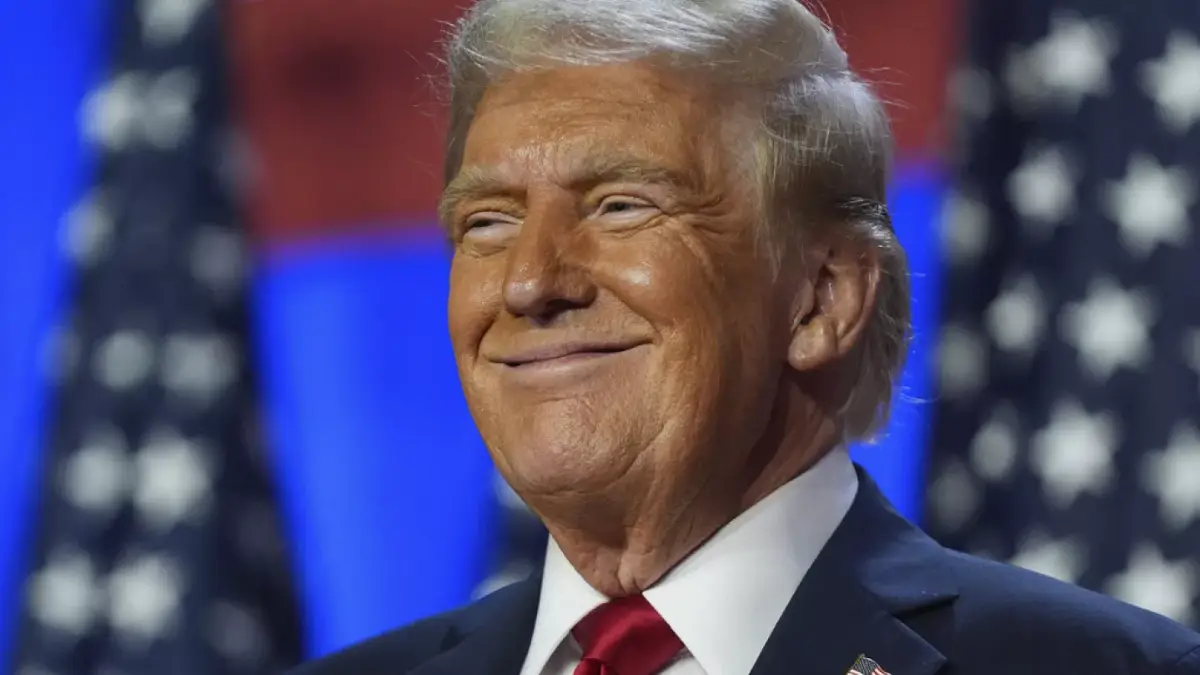
Trump, Pimco confirms fears about the policy of duties
China under pressure: "investigations" begin for other tariffs

Donald Trump has won his second (and last) mandate to the White House, and this time, the Republicans have managed to win a majority in both the Senate and the House, situation that will allow the new US president to have some leeway in implementing his agenda.
Well, this, on the one hand, "makes enjoy" some markets that fly on the enthusiasm for the industrial policy of the new president who gives confidence to large corporations promising a massive cut in corporate tax rates or, as the dollar and some assets such as Bitcoin, for the appeal shown in the campaign. On the other hand, other markets are scared or at least are waiting for the window, ready to assess any wind of foreign and economic policy: in this sense, Trump remains expected to "a protectionist approach" that, according to several analysts, It does not bode well.
This trend has been demonstrated, there was a need for it, both from the bad European stock market day experienced yesterday, in spasmodic (and scared) waiting for some "negative" signal from the front of tariffs and duties that from today’s day of recovery in the perspective of a corporate policy "of respect".
But there is a 'but'. "With taxes, deficits and tariffs likely to dominate the debate in Washington next year, these narrow majorities in Congress could complicate Trump’s efforts to implement his program.", stresses Pimco, one of the leading US management companies.
"The Senate -explains Libby Cantrill, head of US Public Policy at Pimco-, offers a good margin for confirmation of appointments, which require only 50 votes, but does not reach the 60-vote majority, which is a kind of obstruction, needed to pass many bills. Trump may have difficulty passing the proposed tax cuts in a divided house, although modest tax cuts are easier to approve through 'budget reconciliation', Which requires only 50 votes in the Senate. $2 trillion of budget cuts proposed by figures like Elon Musk would require bipartisan support that might be difficult to obtain".
Looking at the first acts of president Trump on the trade front there is a possibility to impose new and higher duties on China by leveraging the existing investigation on Section 301 (of the 1974 Trade Act), already used by Trump and then former president Biden to impose existing duties, while the application of duties on other products or countries, according to Pimco, "would require a longer investigation process".
For fiscal expansion, that is taxes and spending, Trump will still have to pass through Congress, and it is here that the likely narrow majorities could act as "control". Assuming the Republicans retain the House, a full extension of Trump’s upcoming tax cuts is likely, but perhaps only for a short period due to already high deficits.
According to Pimco, efforts could be made to cut spending marginally, but any major cuts will be difficult to get through the House and would be difficult to achieve through the budget reconciliation process (which requires only 50 votes in the Senate). Everything else probably requires 60 votes.
"The deficit -says Pimco’s analyst-, was probably the biggest defeat of the election, with neither candidate inclined to take steps to reduce it and both inclined to approve policies that will increase it". However, it is believed that "the debt ceiling, which will have to be managed in the spring, will probably be raised with ease with the Republican majority in both houses".
EFA News - European Food Agency